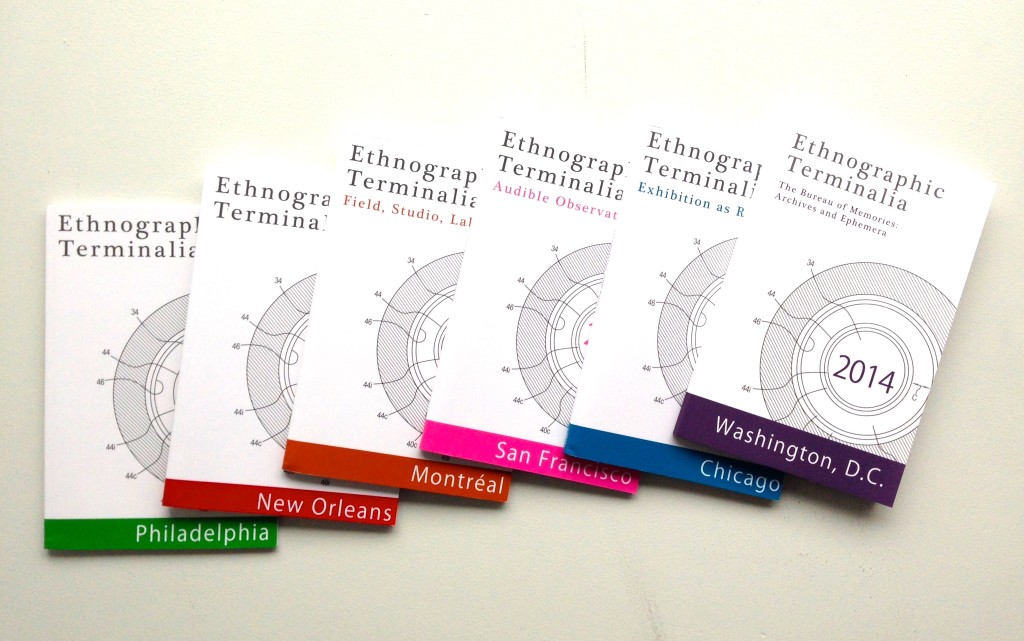Gatekeepers
In 2012, my fieldwork took me to various land record offices and state archives in Mumbai, in order to find information relating to land records and surveys. These documents and maps are notoriously difficult to obtain as most older land records are neither digitized, nor are they catalogued in any explicit order. Instead, they lie in crumbling, forgotten buildings, wrapped up in cloth bundles – both the building and the record slowly disintegrating over time. The impossibility of obtaining specific documents is heightened by the fetishization of the document itself: land and revenue records are deeply tied up with governance and state control.
Throughout my research, I would find myself waiting in these buildings and often simply watching the government workers: Kafkaesque gatekeepers who mediated my access to these records. While I was prepared for the arduous process of waiting to get access, I was not prepared for the proximity with these governmental figures that mediated my relationship to the archive. Every day, this proximity was tinged with uncertainty of different sorts. Not only was I uncertain about whether I would be allowed to access a record on any given day, but also unsure about the form in which my requests would manifest. Many a time, my requests for particular records would yield completely unpredictable results, or manifest as moth eaten documents that would wither upon my touch.
In order to bear this period of proximal, uncertain, and arduous waiting, I began writing and drawing portraits of my gatekeepers and paying attention to the kinds of stamps, signatures, and traces they left upon the documents that passed their desk. My work, which is entitled “Gatekeepers,” works as a “catalogue” of this experience, bringing together a series of portraits, material traces, and government documents, to think about lives of these figures suspended in a diffuse archive. I seek to suggest that these gatekeepers are complex characters whose role extends beyond that of an intermediary. The ways in which they mediate the archive for the researcher end up creating unpredictable connections across records, heightening their material existence, and allowing them a life beyond their textual signification.
Biography
I am a PhD candidate at the Department of Anthropology at Johns Hopkins University. I arrived at anthropology by way of studying architecture and graphic design. After a short hiatus from drawing, I began re-exploring drawing in the field as a process of doing ethnography. “Gatekeepers” is my first attempt at working with the visuals I produced in the field.


